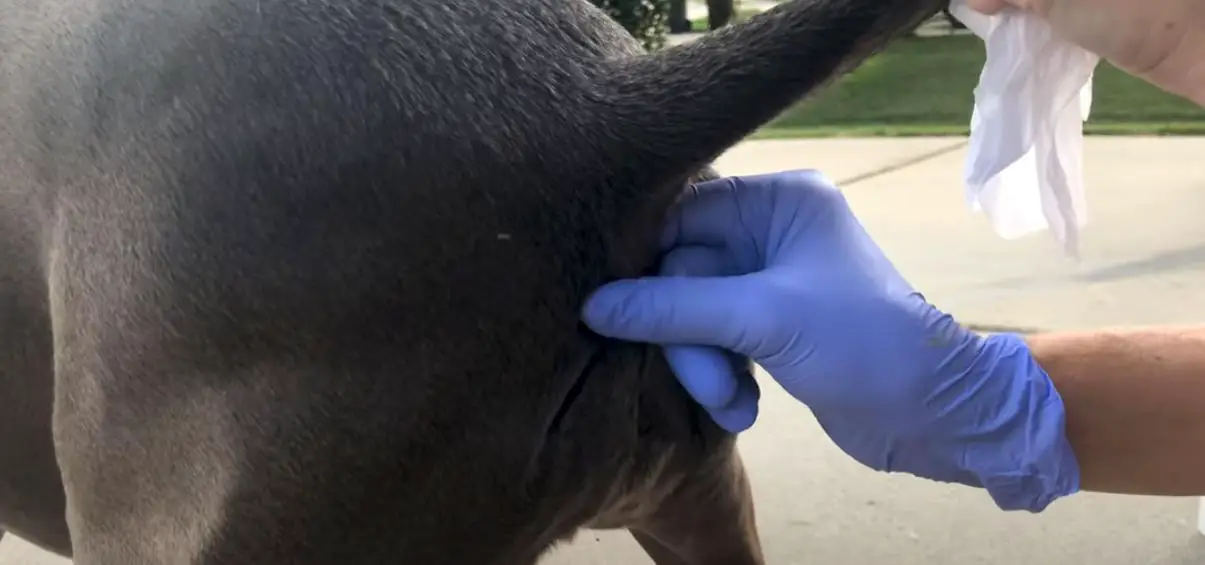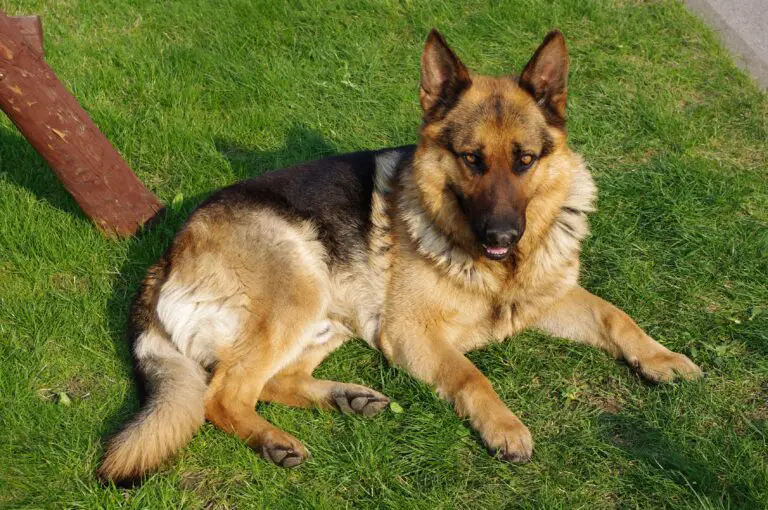Do German Shepherds Need Their Glands Expressed?
Most German shepherds do not need their glands expressed, but there are some individual cases where it may be necessary. The most common signs that the glands may need expressing are scooting, licking, and odor.
If any of these signs are observed in a German shepherd, it is best to have the dog checked by a professional to see if expressing the glands is necessary.

1. What are the signs that a German shepherd’s glands need expressing?
German shepherds may need their anal glands expressed if they are straining to defecate, licking the area around the rectum, or have a smelly discharge. Ongoing vomiting, weight loss, and/or diarrhea may also be signs that the dog needs its anal glands expressed.
2. Why do some German shepherds need their glands expressed?
Some German shepherds may need their glands expressed if they are having difficulty emptying them on their own. This can be due to a variety of factors, including health conditions or anatomic abnormalities. Gland expression should only be performed by a qualified professional to avoid injury to the dog.
3. How often should a German shepherd’s glands be expressed?
German shepherds should have their glands expressed every two to three months. Gland expression helps keep the dog’s coat healthy and prevents odors.
4. What happens if the glands are not expressed?
If the glands are not expressed, the dog’s stool can become impacted. When this happens, the anal glands become full and unable to express. This can lead to irritation, inflammation, infection, or even impactions.
5. Who can express a German shepherd’s glands?
The anal glands or anal sacs are small glands near the anus in many mammals, including dogs and cats. They have paired sacs on either side of the anus between the external and internal sphincter muscles. Sebaceous glands within the lining secrete a liquid that is used for the identification of members within a species.
Issues with anal gland infections, impaction, or abscessation are best prevented by having their glands expressed every 3-4 weeks. Dog’s anal glands can be expressed by your veterinarian, a veterinary technician, or even some dog groomers.
6. What are the risks associated with gland expression?
The German Shepherd is a versatile and popular breed of dog, prized for its loyalty, intelligence, and strength.
The breed is also known for its impressive physical abilities, including agility, speed, and stamina. However, like all dogs, German Shepherds are susceptible to certain health problems. One such condition is an anal gland disorder called gland expression.
Anal glands are small sacs located near the anus that secrete a foul-smelling substance used to mark territory.
In some dogs, the glands can become impacted or infected, causing them to become swollen and painful. When this happens, the dog may need to have the glands expressed manually in order to relieve the discomfort. While this procedure is generally safe and effective, there are a few risks associated with it.
The most common complication of gland expression is infection. This can occur if bacteria from the rectum or anus enter the gland during the procedure.
To reduce the risk of infection, your veterinarian will likely prescribe antibiotics before and after expressing the glands. Additionally, be sure to follow any post-operative care instructions carefully (such as keeping the area clean and dry).
Scarring is another potential complication of gland expression. This usually occurs when too much pressure is applied to the gland during expression or if scar tissue has formed around the gland due to previous infections or blockages.
In most cases, scarring does not cause any long-term problems but in rare instances, it can lead to urinary incontinence or difficulty defecating properly.
If you notice any changes in your dog’s bathroom habits after expressing their anal glands, be sure to contact your veterinarian right away. Damage to surrounding tissue is another rare complication that can occur during anal gland expression.



